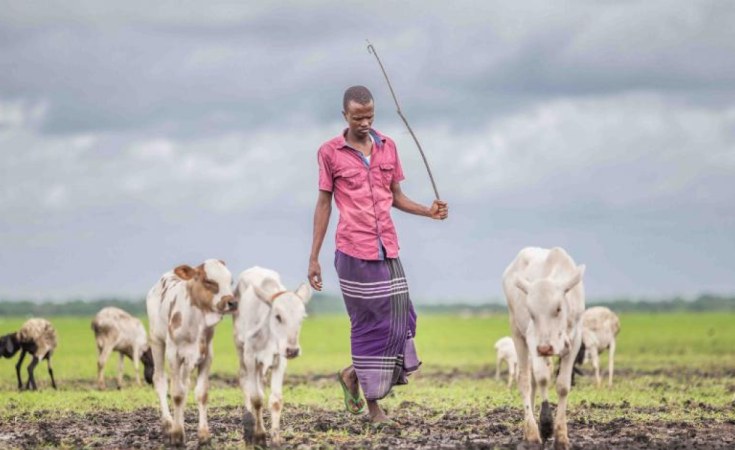Two-year process of consultations around the world contribute to a set of eight 'Principles for Peace' to provide framework to negotiate peace that lasts
A broad coalition of actors across political, diplomatic, academic, defence and security, civil society and multilateral organisations have launched a new peacemaking covenant in Geneva, which aims to provide new norms and guidance around making peace at a moment of heightened conflict.
Their shared mission is to re-examine how we build and consolidate peace in an era defined by resurgent conflict. There are currently more than 50 conflicts taking place worldwide, impacting the lives of more than two billion people, and more than half of those conflicts that are supposedly resolved recur three times or more.
The 'Principles for Peace' initiative, includes an International Commission on Inclusive Peace made up of world-renowned experts in peacemaking, including diplomats, politicians, and heads of NGOs, from Burundi to Guatemala to the Philippines, and is supported by a Ministerial Level Steering Committee and coalition of 120 civil society organisations.
Since 2020, the Commission and the Principles for Peace initiative partners have embarked on a series of events and consultations around the world to gather input from anyone impacted by conflict, including communities and civil society organisations who have shared best practise.
Hiba Qasas, Executive Director of the Principles for Peace Initiative, said: "We are living in a world with a troubling number of conflicts, and existing frameworks are clearly challenged to deliver lasting peace. The need to develop new and effective approaches to peacemaking has never been more urgent and we now call on the global community to work with us to adopt and implement the Principles for Peace to help chart a path to lasting peace."
The Principles are the product of the two-year process, involving more than 150 consultations with people from 61 countries and the review of more than 700 academic and practitioner studies, with input from international partners and stakeholders, including Interpeace, the United Nations Development Programme, United States Institute of Peace and the governments of Denmark, Germany, Sweden, Switzerland, and the Netherlands, and Robert Bosch Foundation amongst others.
The Peacemaking Covenant outlines four shifts in approach to peacemaking as well as eight core Principles for Peace that aim to foster the inclusive and flexible discussions needed to chart a new path towards sustainable, legitimate, and lasting peace.
Three of the core principles, those of dignity, solidarity and humility, centre on the need to root peacemaking efforts in a moral and ethical compass that will promote trust and engender respect between all parties. Two further core principles, enhancing legitimacy and accountable security serve as a foundation for reaching lasting peace.
Finally, three principles highlight the practical commitments needed for strengthened peacemaking efforts. These are promoting pluralism, adopting subsidiarity, and advocating integrated and hybrid solutions.
Yves Daccord, Principles for Peace Co-Chair and former Director General of the International Committee of the Red Cross, said: "The process that we have embarked on over the last two years has shown us that a shared ambition to deliver peace exists across the world. However, despite local successes, gaps remain at the very heart of approaches to peacemaking and urgent change is needed.
Bert Koenders, Principles for Peace Co-Chair and former Minister of Foreign Affairs of the Netherlands, added: "Through the support of our partners and the insights of the International Commission for Inclusive Peace we have been able to learn from these successes, as well as failures, and develop a legitimate, practical framework for delivering inclusive peace. The launch of the Peacemaking Covenant can be a watershed moment in peacemaking, marking the beginning of a new era where inclusive, lasting peace is no longer a pipedream but a reality for all."
The newly-created Principles for Peace Foundation will now work with states and other stakeholders across the world to pledge their support for the adoption and implementation of the Principles for Peace, helping them to develop bespoke country-specific roadmaps. It has also been established to oversee implementation and fulfil a global peace monitoring function to continue the journey towards lasting peace.


